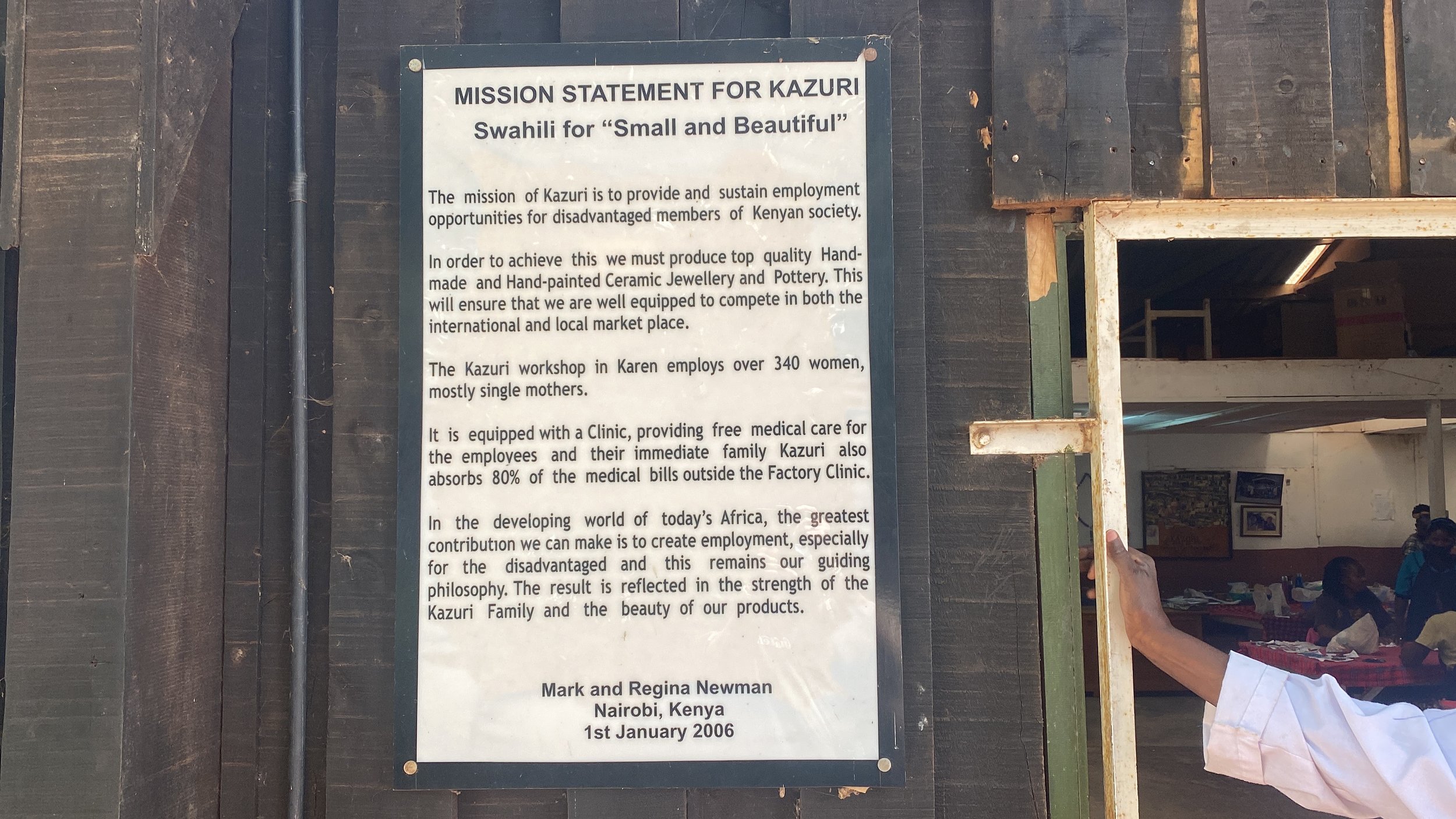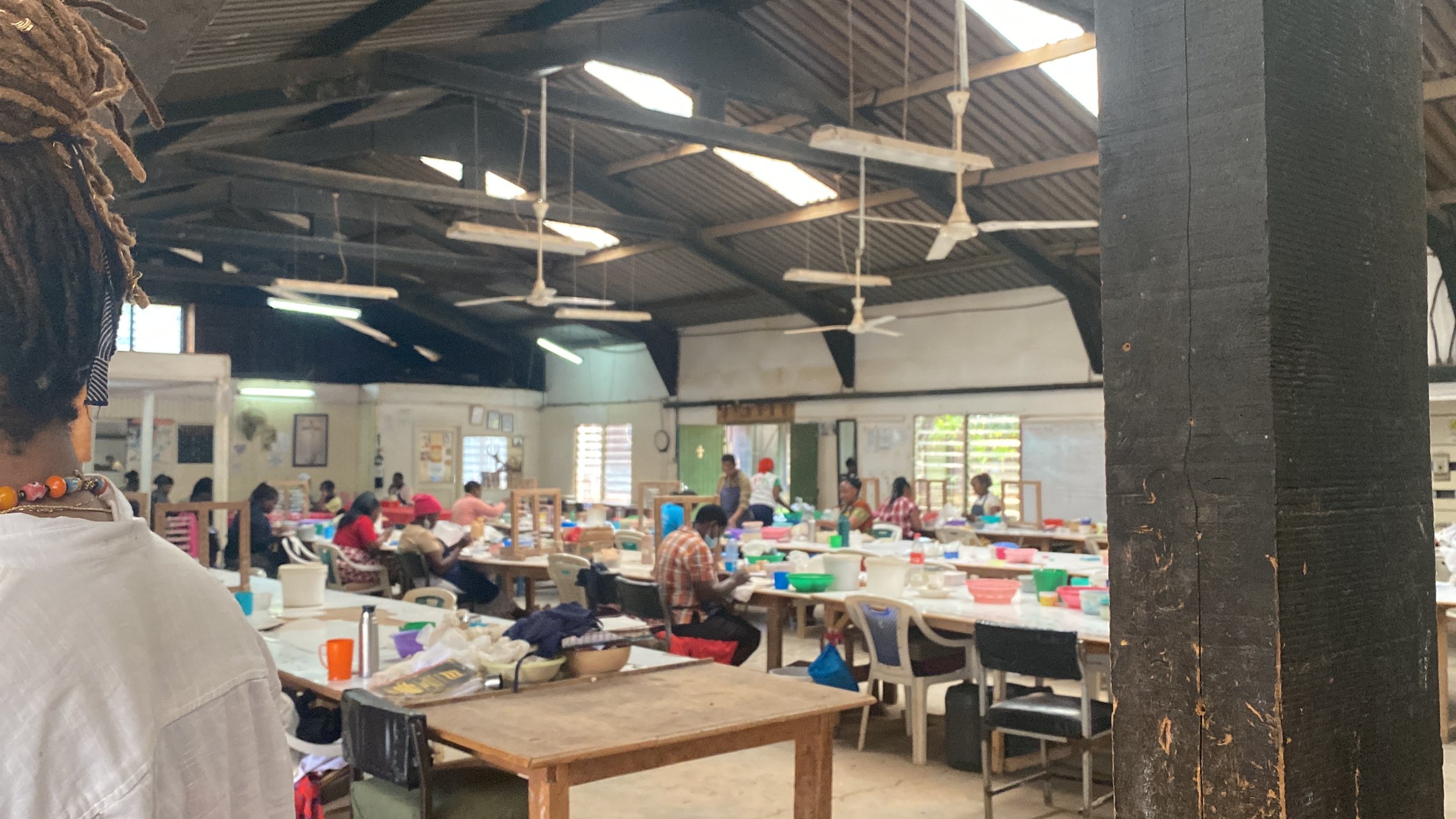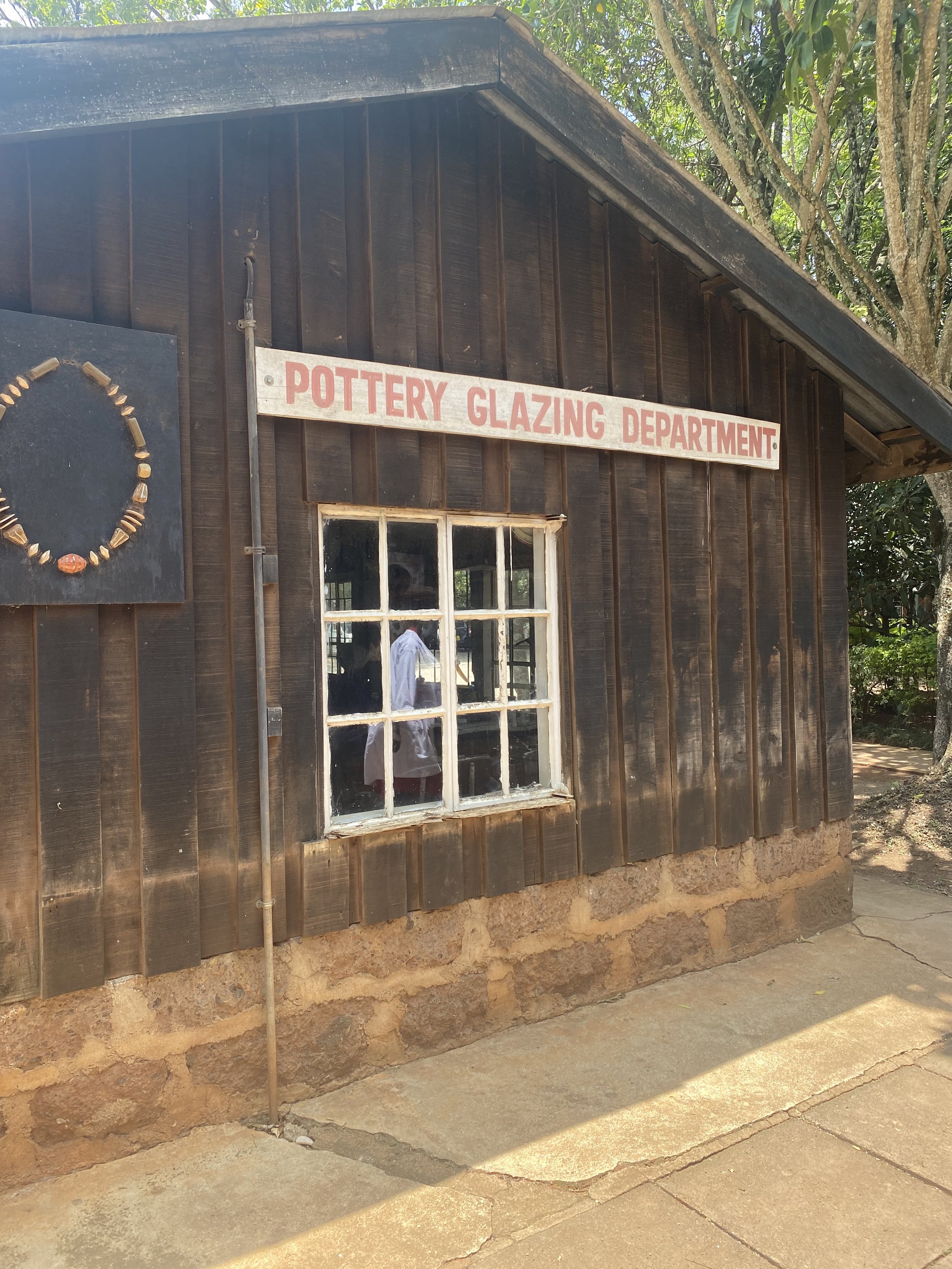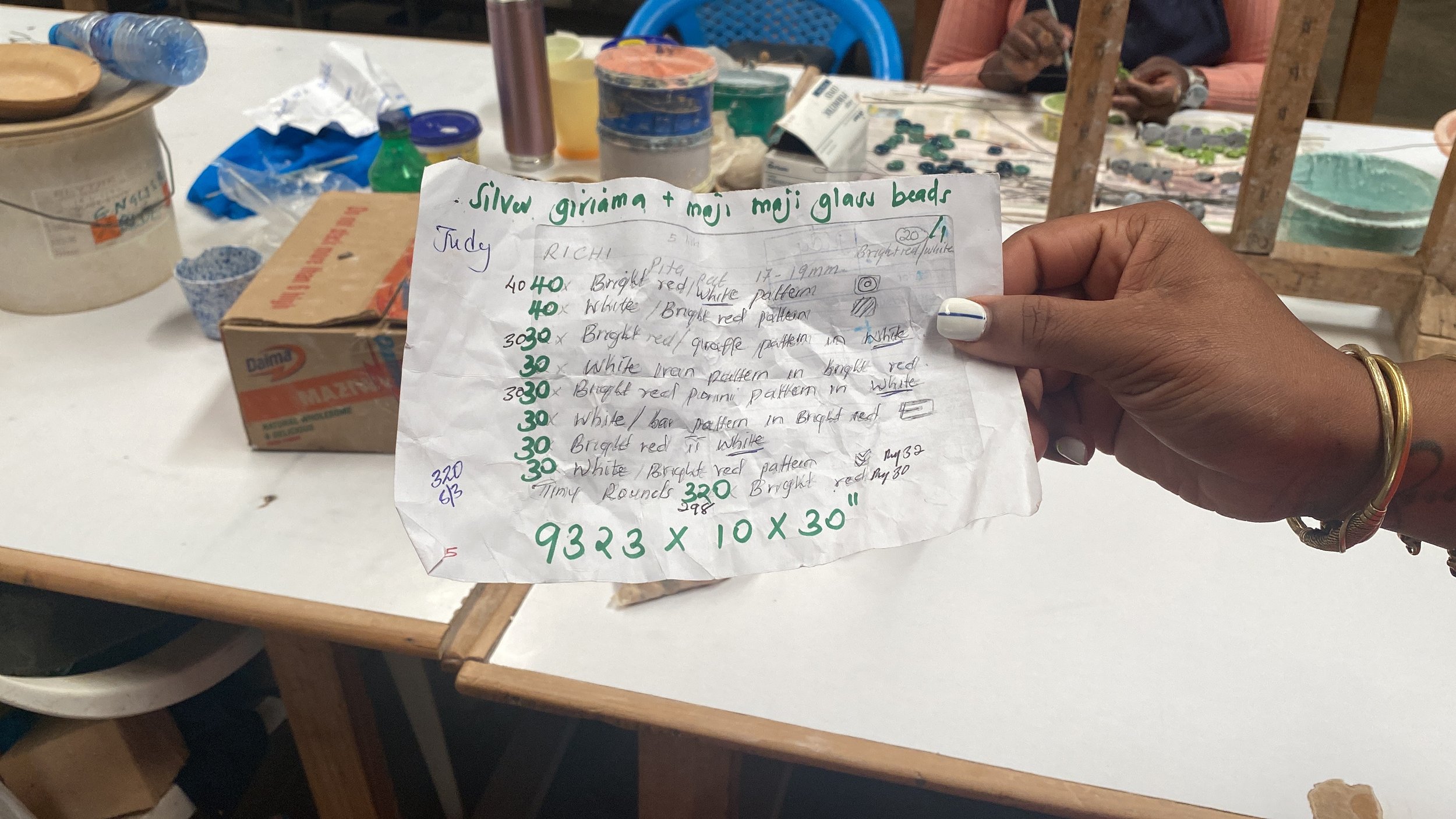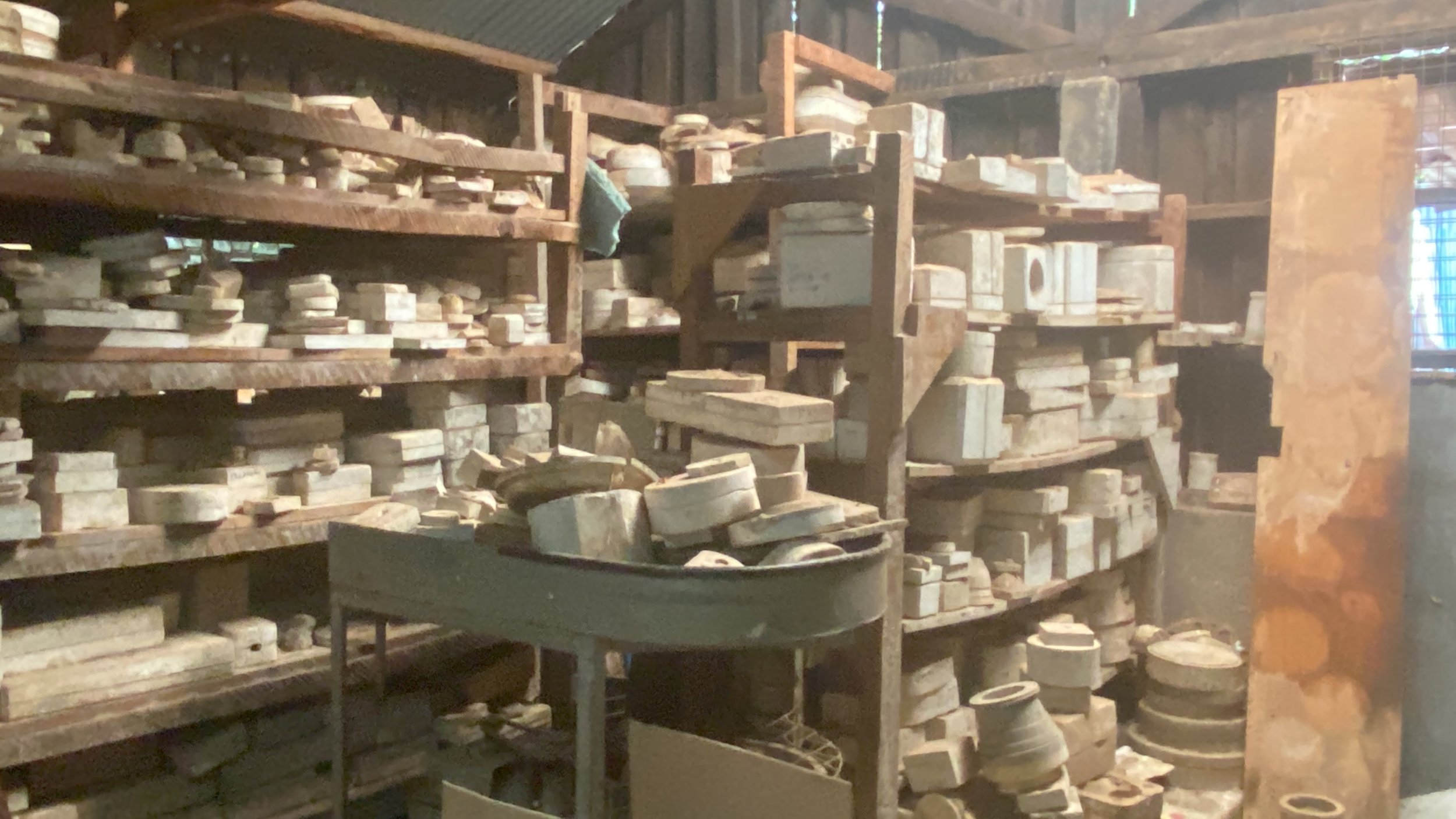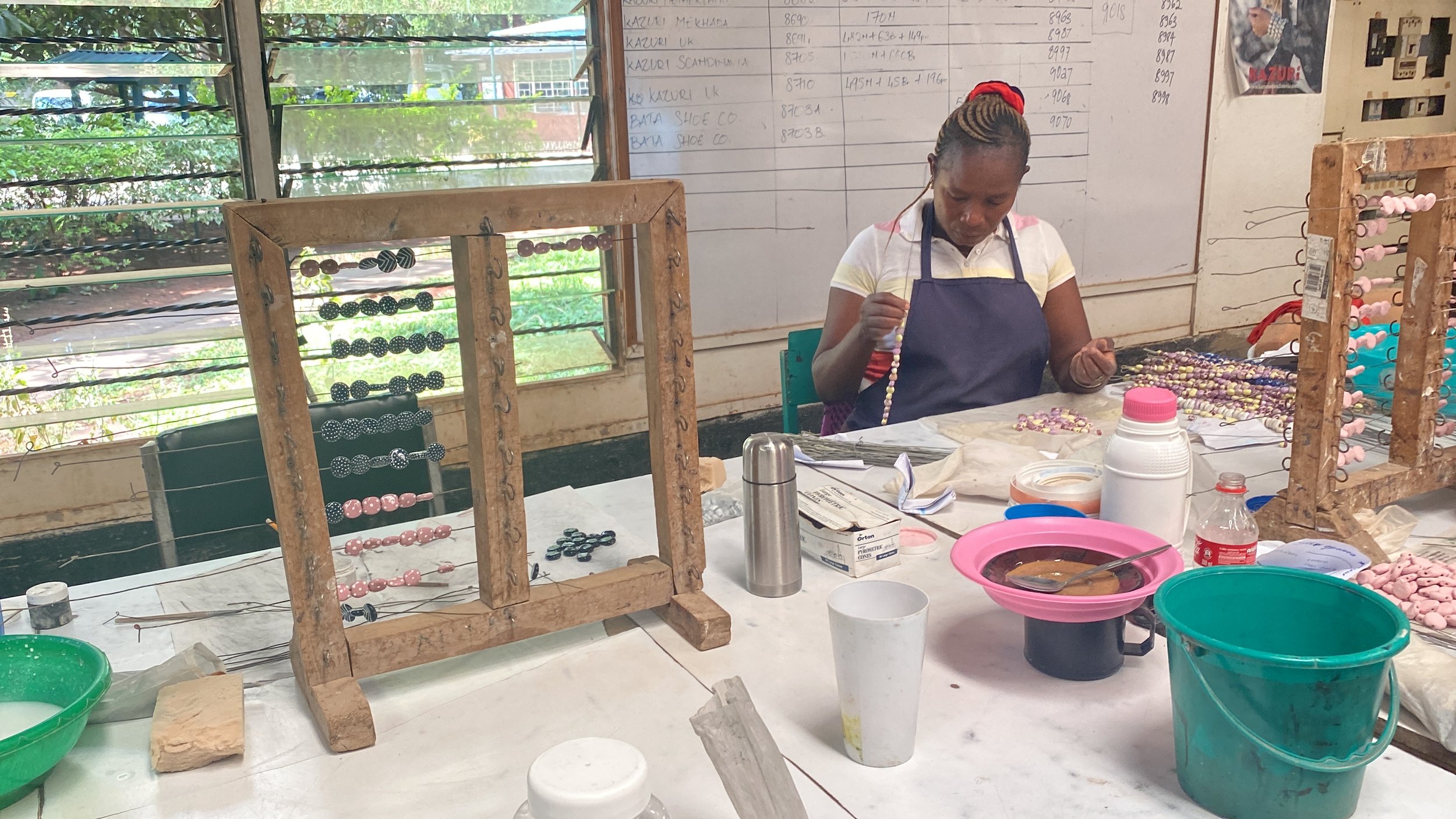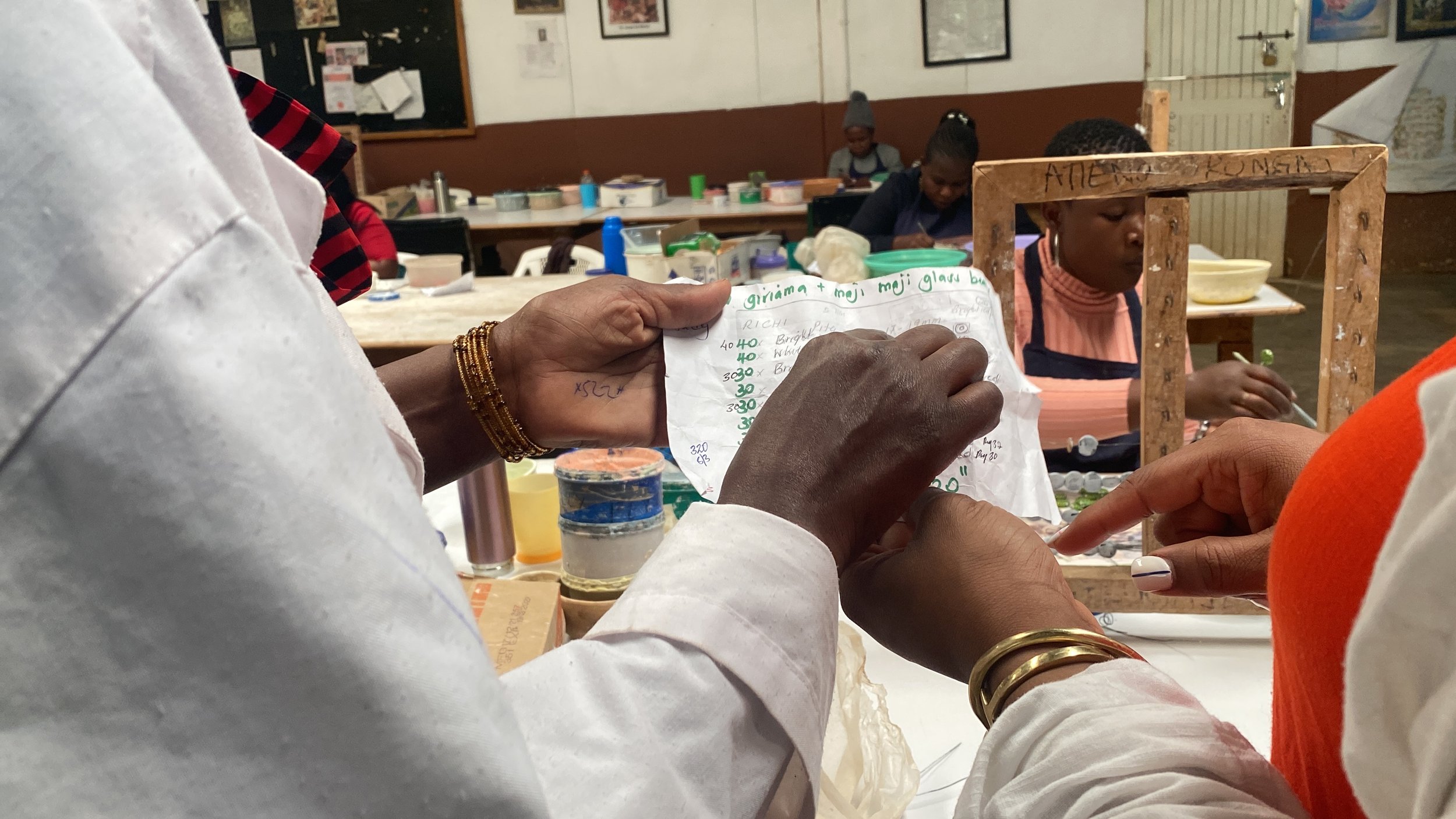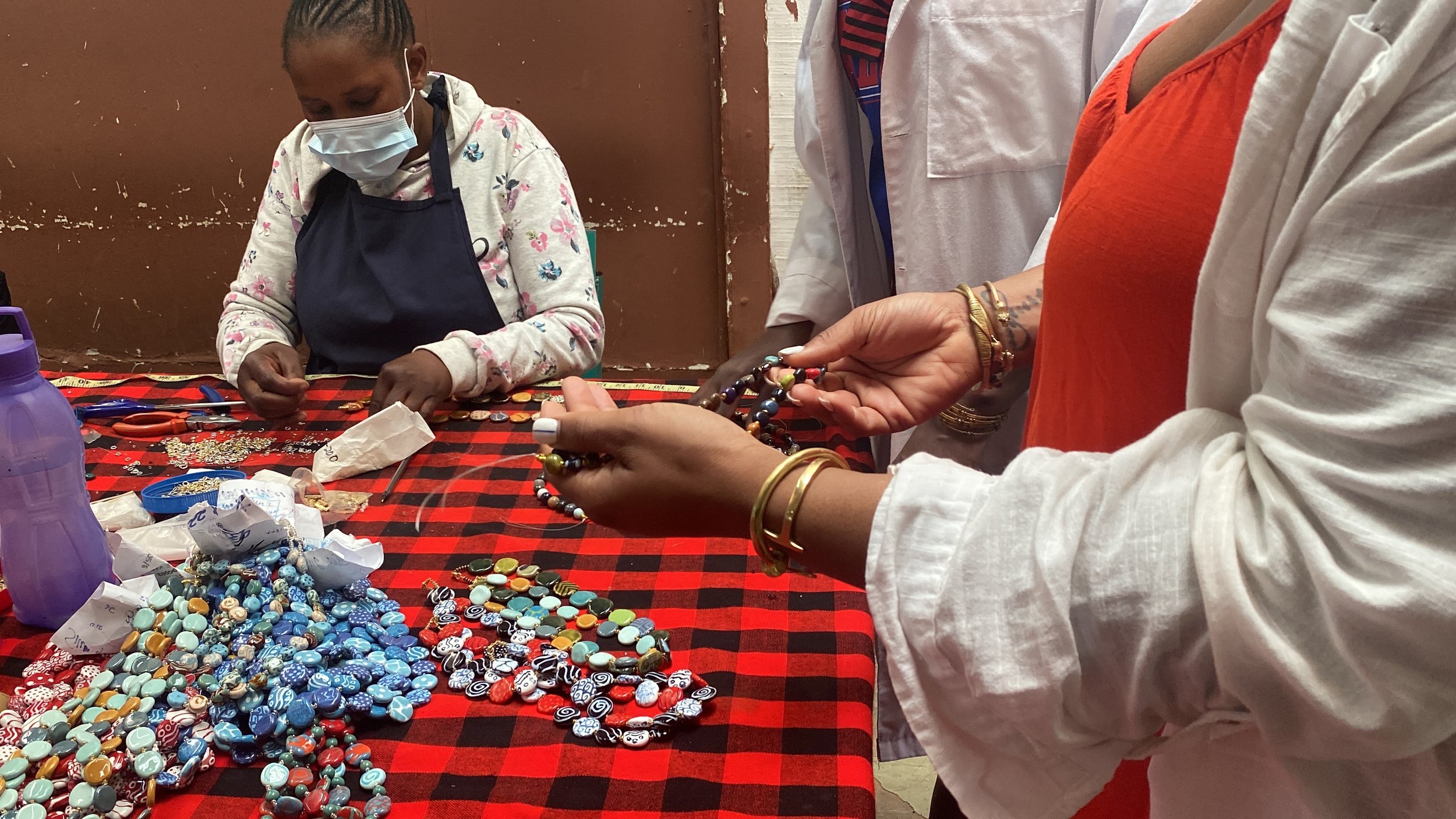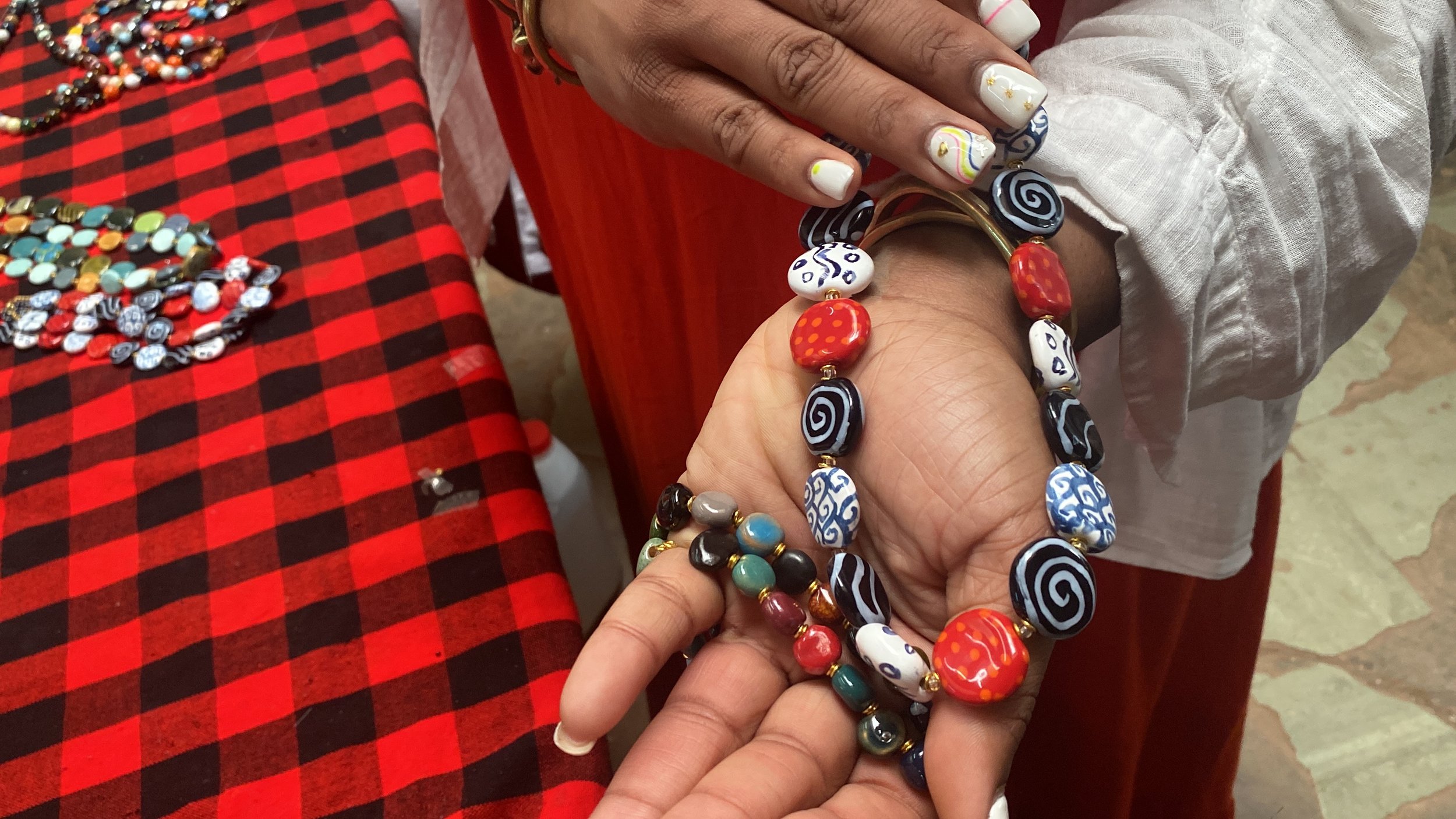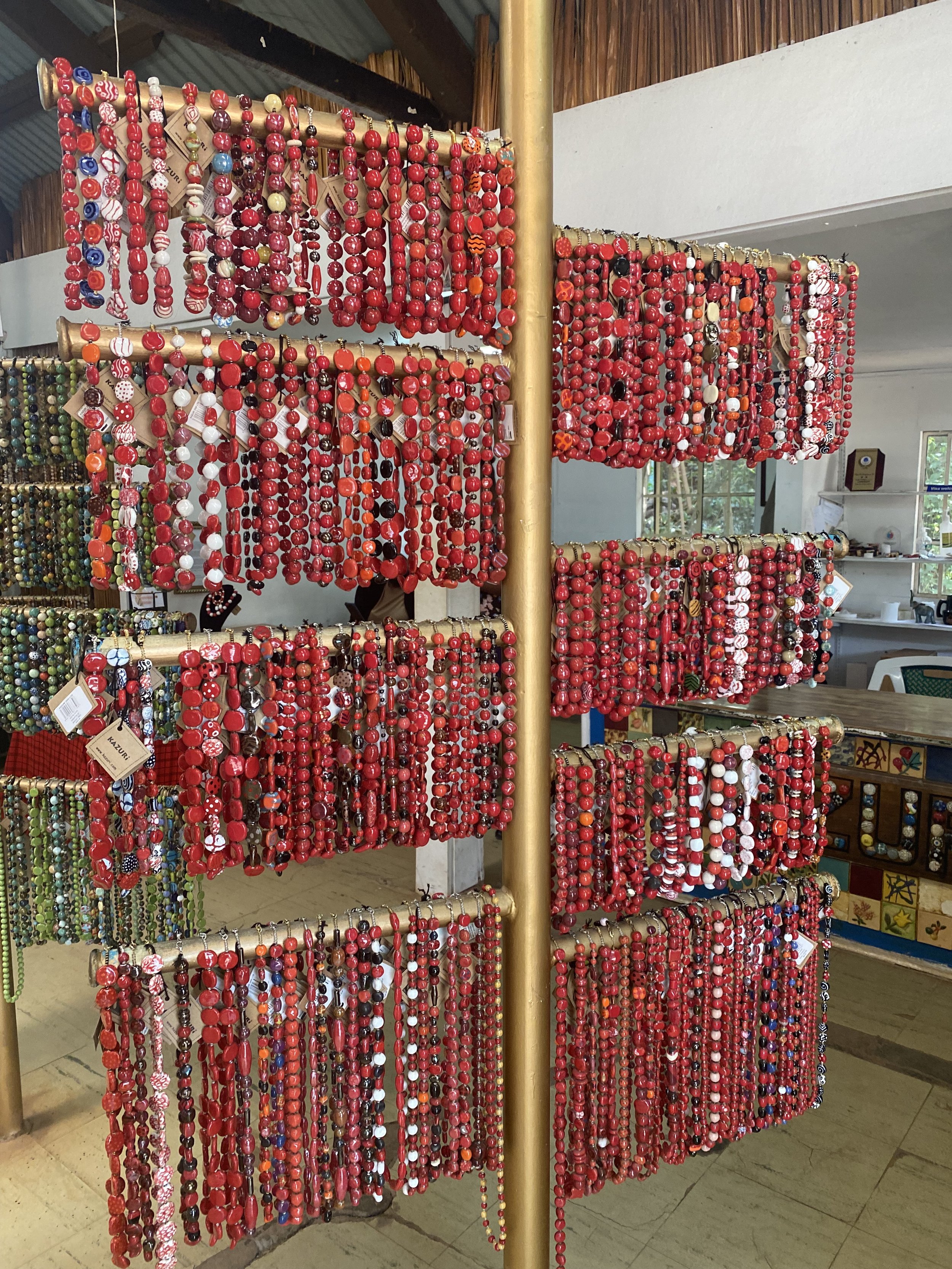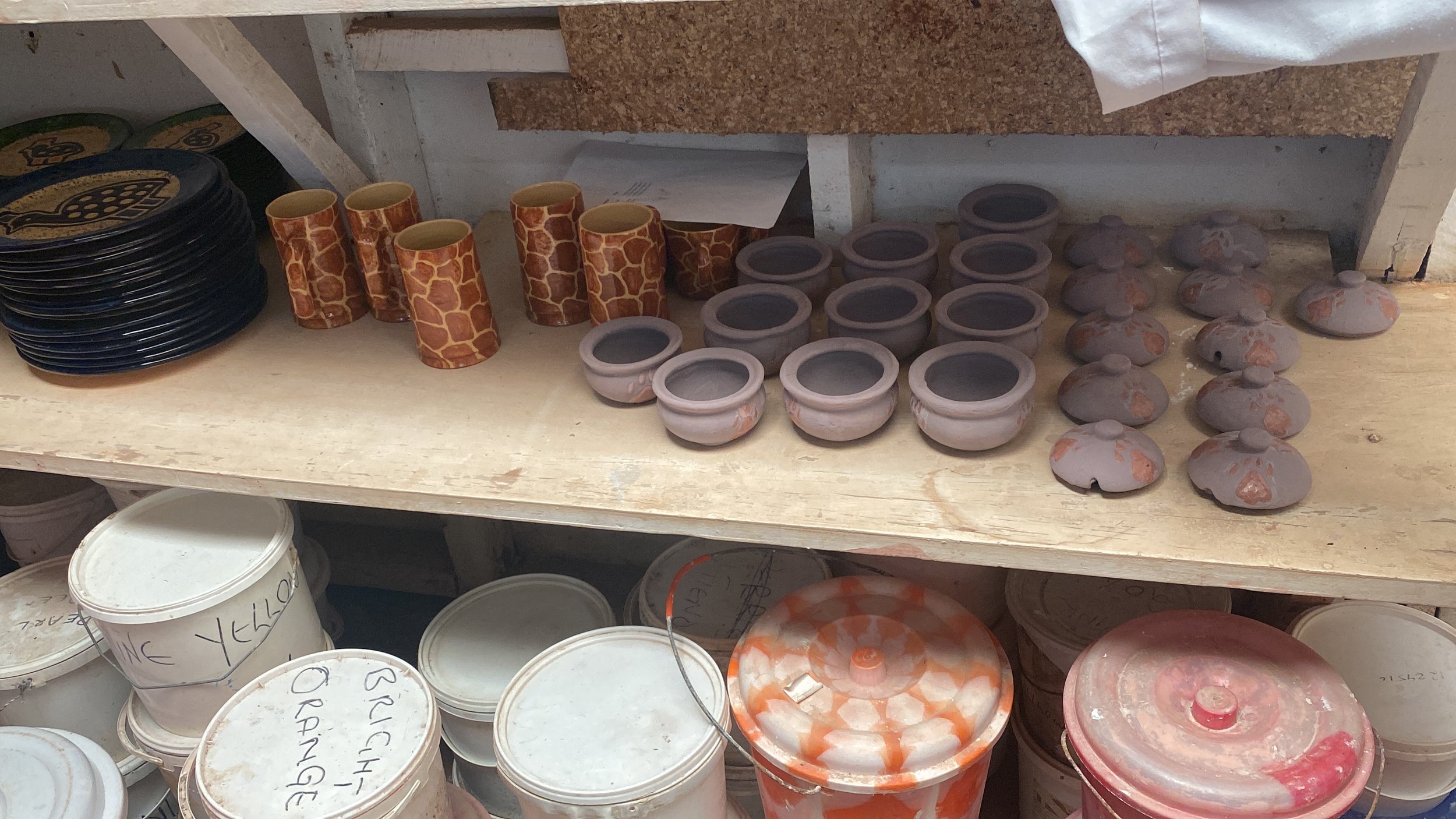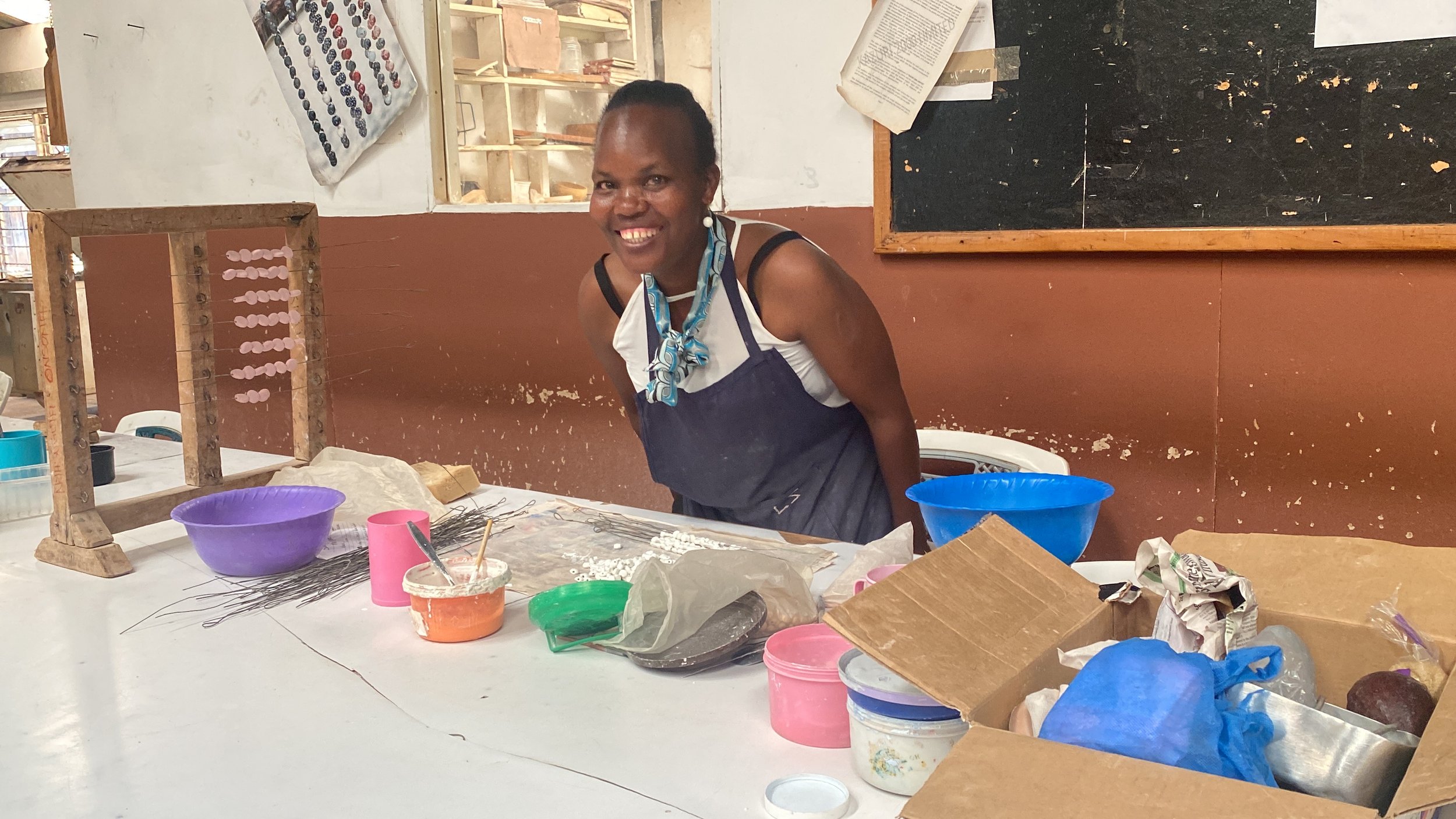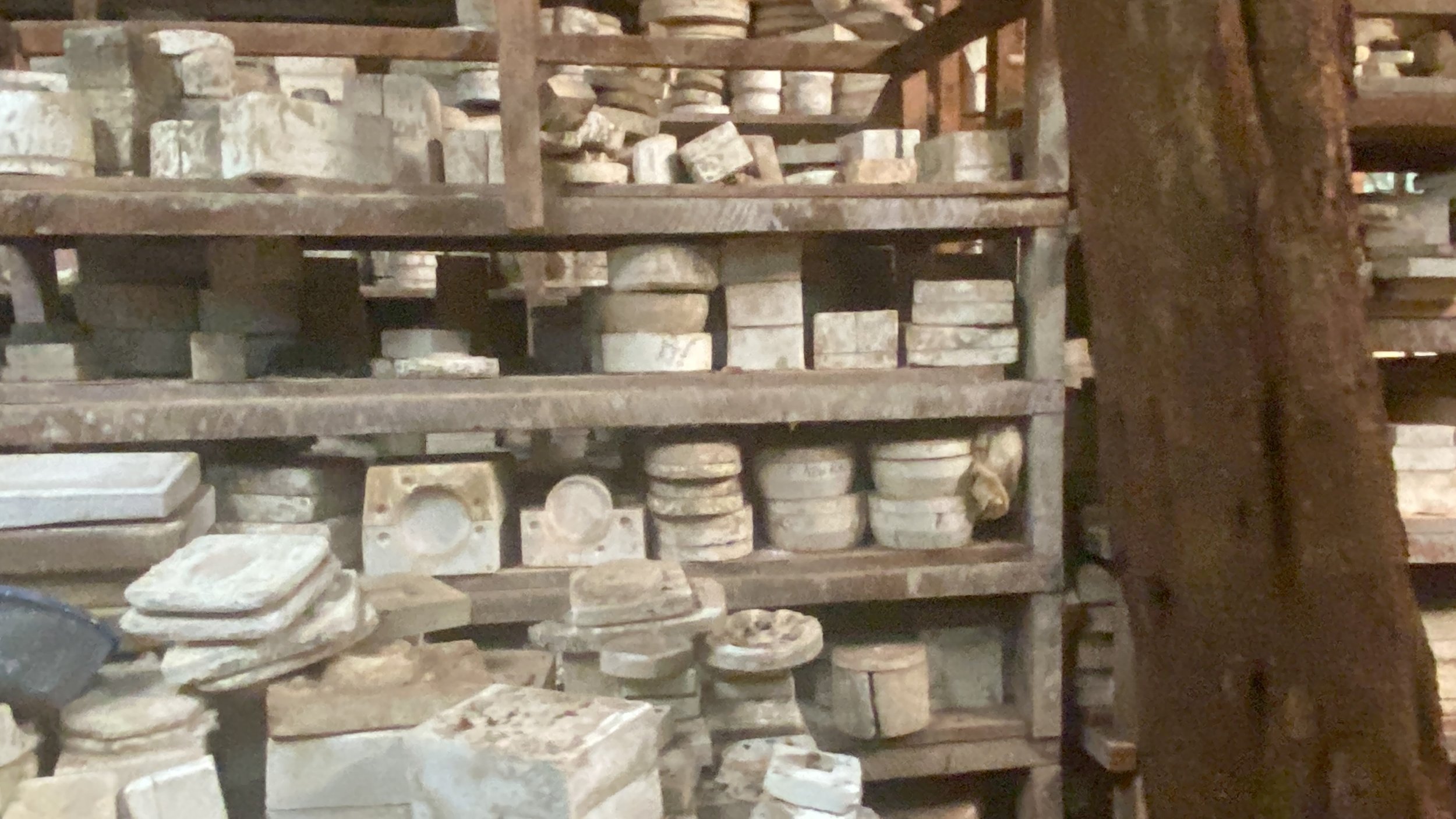Voices of Unity
Each day, we communicate to the "God of our understanding" through different forms of language such as religion, traditions, and/or spiritual practices. This communication, in return, becomes our way of life, living, theology, belief system, etc.
In April, many observe and participate in ways to honor their ancestors and acknowledge the God of their understanding during Ramadan, Vaisakhi, Passover, Holy Friday, Easter, Ridván, Akwasidae (tradition to the Akan community), and so many other ways.
I am someone on the quest of often strengthening my relationship with my ancestors and the God of my understanding as a way of healing, restoration, and being in service to communities in need. I reflect on how many of the spiritual practices folks live by cover narratives that encourage neighbors to choose and be merciful, patient, loving, compassionate, and just.
Yet I grapple with questions to ask God, such as, "if all of us are grounding in said ways of being, why is there so much pain, hurt, division, etc.?" What is the cognitive disconnect? How can one say they love God but see starving people and not help? How can parents cast out their LGBT children while thanking God for God's evolving and loving creations?
I may not ever get "the answer" to all my questions; however, I am always committed to being on the journey to answering ways to interrupt marginalization and genocide. My commitment is to support BIPOC Trans and Queer people cast out due to tradition, religious beliefs, policy, etc. My commitment is to help women across the gender spectrum find rest & safety, for we are the ones often feeding the village of those in need with just one dollar.
I have witnessed how God has created an abundance out of what seems to be nothing through the hands of Black women.
During my travels to Kenya with the Reuniting of African Descendants' Emerging Leaders East Africa Cohort, in which we led a leadership development workshop. I was reminded of God's abundance when I asked for God's helping hand & mercy for those in need.
On the last day of the trip, I felt called to visit a place named Kazuri Beads Factory. God's direction and calling never stir me wrong. Upon seeing the Kazuri Beads Factory, I met over 70 women – many single mothers – making and hand-painting Kazuri (Swahili word for "small and beautiful") beads made of earthen clay and kiln fired. They are then painted with colors to convey African essence and glazed by hand before being kiln fired again and then finally strung.
During my visit, I quickly learned of the impacts COVID -19 has had on them on a micro and macro level and the many other life hardships they were already experiencing. The women I met were a fraction of the 340 women working there pre-COVID-19. Since COVID-19, orders have gone down. Staff had alternative working hours and were on the rotation to work; therefore, one group of 70+ women would work a whole week and then not work the following week so that the next group of women could work. Less work means fewer resources to sustain them and their families. Fewer resources mean increased food insecurities, unaddressed medical treatment, and other life-sustaining needs were unmet. Yet, through all of these life challenges, each woman's spirit remains strong, for they talked and expressed to me their relationship with God.
Eunice Wanjiru, prayer warrior and the supervisor of the women at the factor, was spotted gathering with other women to pray and make rosary beads. She expressed gratitude to me for I had made a small donation, and she informed me that she would tell the whole factory of my contribution. But, being humble, I did not want her to share, for I prefer to serve communities like an Angel; behind the scene. My interpretation of Angels is they are there but not often seen, like a sweet whisper or guide.
As she gathered the factory workers to inform them of the donation, all the workers began to rejoice with joy and gratitude, leading them to sing. Their collective joy led me to sob while holding my heart and not showing my tears as I listened to them sing. As they sang, Eunice leaned into my ears and translated the words they were singing. They sang in their native language these words:
"We praise God because he has done us well, and that's why we will always praise Him.
He is able, and that's why we praise him and lift him high.
In the midst of all spiritual beings, I have never seen a God like him (like Yahweh).
He is a gracious God, this God.
He is of big mercy to us."
I could not understand why what I deemed a small contribution required this level of rejoicing.
Months later! Today! On this Easter day, I had my Ah' Ha moment. As activists, leaders, or just everyday people, humans may think that what we have to give is small, maybe even insufficient, because of our internal dialogue and reaction to our circumstances and trials & tribulations surrounding others. We sit with scarcity in our hearts. We feel like there is not enough because "we don't have enough." We say to ourselves, "How can I give what I don't have ." But, in actuality, our internal dialogue highlights "How I can give when I don't trust that I will have."
At times, I have often found myself navigating waves of depression. At times, I feel the weight as a leader of movements. I grieve for the needs of my people. On top of this, although I have many accomplishments, I have felt like I am not enough. Or I don't have enough. And I was even navigating survivor's guilt in reaction to seeing so many Black women & femmes across identities spectrum being murdered, taken, trafficked, etc.
The workers rejoiced despite their circumstances because they were not looking at the quantity of the contribution but rejoicing. After all, God provided.
God used me as a vessel to service. God could care less about my identity or things I identified on this earthside. God cares about the content of my heart and soul for God and God's creation. I was called to visit, so I obeyed and followed God's communication. They rejoice to show appreciation for the abundance that they have received. God's' abundance is not quantified. It is simply the feeling, knowing, and believing that there is enough because there is! God's abundance reminds us that we are enough.


